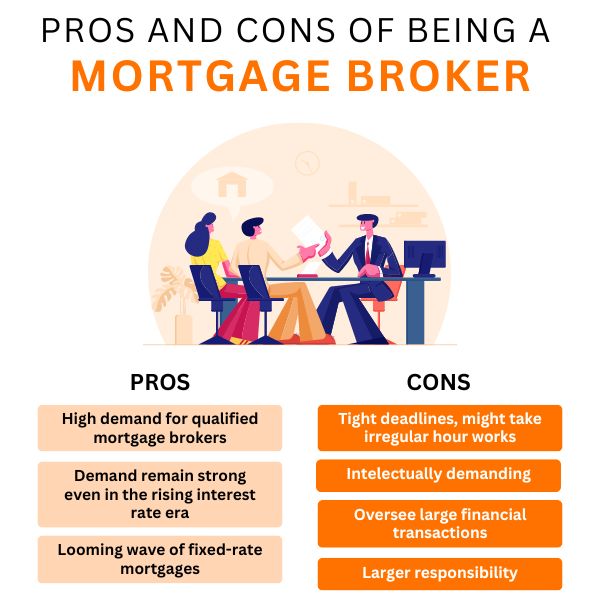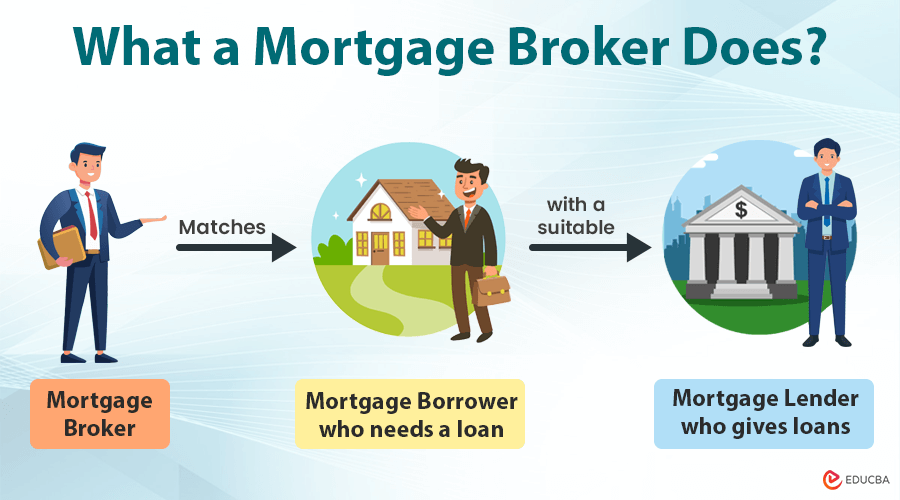Comprehending Jumbo Loan Needs for Luxury Properties
Comprehending Jumbo Loan Needs for Luxury Properties
Blog Article
Comprehending What a Jumbo Car Loan Entails and How It Differs From Traditional Fundings
Navigating the intricacies of big fundings exposes a financing alternative customized for those venturing right into high-value actual estate, normally going beyond the limitations established by the Federal Real Estate Finance Firm. The substantial risk linked with big finances requires extra strict qualification requirements, including greater credit score ratings and substantial down settlements.
Definition of Jumbo Fundings
Jumbo car loans are a sort of mortgage that surpass the adjusting car loan limits set by the Federal Real Estate Financing Agency (FHFA) These loans satisfy consumers who need to fund properties that are more expensive than what traditional funding restrictions allow. The FHFA develops annual adapting lending limitations, and any type of financing surpassing these limits is classified as a big loan.
Generally, jumbo lendings are made use of in high-cost actual estate markets where home rates dramatically exceed national standards, such as in urban locations or high-end real estate sectors. As these lendings are not qualified for acquisition by Fannie Mae or Freddie Mac, they bring inherent dangers for lending institutions as a result of their bigger dimension and non-conformity (jumbo loan). Consequently, lenders usually impose more rigid certification standards for jumbo car loans than conventional adjusting car loans.
Borrowers seeking big financings need to typically show a solid financial profile, consisting of a higher credit rating, durable revenue verification, and significant down settlement, frequently 20% or even more. Furthermore, lenders might need a lot more extensive documentation to examine the borrower's capacity to manage larger monthly payments. Comprehending the particular features of big lendings is important for potential debtors navigating this sector of the home loan market.
Standard Car Loans Summary
While big lendings accommodate high-value residential property funding, standard financings represent the more common home mortgage choice in the housing market. These loans are not guaranteed or assured by any kind of federal government entity, such as the Federal Housing Management (FHA) or the Department of Veterans Affairs (VA) Instead, they are backed by personal lenders and stick to guidelines established by government-sponsored ventures (GSEs) like Fannie Mae and Freddie Mac.
Standard fundings are commonly supplied with fixed or adjustable rate of interest and vary in terms of period, frequently spanning 15 to thirty years. Debtors frequently prefer conventional financings for their predictable month-to-month settlements, which can facilitate long-term monetary planning. Furthermore, they are offered for main homes, 2nd homes, and investment homes, supplying adaptability to meet diverse debtor needs.

Key Differences In Between Financings
At the leading edge of this decision-making process are standard lendings and big loans, each having unique characteristics and serving different debtor needs. Jumbo financings go beyond the adapting car loan restrictions established by the Federal Real Estate Financing Agency (FHFA), which differ by region.

Additionally, the deposit requirements can vary substantially. Jumbo loans usually call for bigger deposits, occasionally going beyond 20%, to minimize danger. Conventional lendings, on the other hand, might allow for reduced down payments, with some programs accepting as little as 3% for professional buyers.
Certification Demands
Protecting a jumbo funding entails fulfilling more rigid qualification demands contrasted to traditional fundings, mirroring the raised threat to loan look what i found providers. These loans, which go beyond the adhering funding limits set by the Federal Housing Money Agency (FHFA), are not eligible for purchase by Freddie Mac or Fannie Mae, thereby subjecting lending institutions to higher economic danger - jumbo loan. Consequently, borrowers have to demonstrate a high credit reliability and economic stability
A robust credit report, generally 700 or greater, is vital for approval. Lenders additionally anticipate a reduced debt-to-income (DTI) ratio, typically not surpassing 43%, making sure that borrowers can handle significant monthly settlements alongside various other monetary responsibilities. Moreover, a considerable cash book is typically needed, typically amounting to 6 months of mortgage settlements, to reassure lenders of the debtor's economic durability.
Down repayment expectations are additionally raised, often beginning at 20% or even more of the building's value. While this is a protect for loan providers, it requires substantial upfront resources from borrowers.
Choosing the Right Car Loan
When choosing the most suitable finance choice,Browsing the intricacy of big car loans calls for mindful factor to consider. With the broader variety of choices available to those seeking jumbo lendings, the decision-making procedure ought to include a comprehensive analysis of one's economic profile and long-lasting goals. Unlike conventional finances, jumbo financings often come with stricter needs and differed interest rates, which require extensive research study and a clear understanding of one's monetary standing.
When choosing between various jumbo financing offerings, it is necessary to review the lending terms, consisting of passion prices, settlement timetables, and connected fees. Borrowers ought to compare the prices offered by different lending institutions to ensure they protect the More Info most desirable terms. Additionally, comprehending the effects of taken care of versus variable-rate mortgages (ARMs) is vital, as each choice presents distinctive benefits and dangers relying on market problems and personal monetary strategies.
Engaging with a monetary consultant or home mortgage broker can provide important insights tailored to specific circumstances. These professionals can help in navigating the subtleties of jumbo finances, making sure that borrowers are educated and furnished to choose a lending that aligns with their financial objectives, eventually helping with a smoother home-buying process.
Verdict
In summary, big loans work as a financial instrument for acquiring high-value properties, necessitating rigorous eligibility requirements and higher passion prices due to the elevated risk for lending institutions. Unlike traditional financings, which adjust to FHFA limitations and might get backing from Fannie Mae or Freddie Mac, big finances need a minimal credit history of 700 and substantial deposits. Comprehending these distinctions is important for customers in high-cost realty markets to identify the most appropriate loan alternative for their needs.
The FHFA establishes yearly adapting car loan limitations, and any kind of lending going beyond these limits blog is categorized as a jumbo financing.
At the center of this decision-making procedure are jumbo financings and conventional finances, each possessing distinct qualities and offering different debtor requirements.Safeguarding a jumbo loan entails fulfilling extra strict credentials requirements contrasted to traditional finances, mirroring the enhanced danger to lending institutions. Unlike conventional loans, big fundings usually come with stricter demands and varied interest prices, which necessitate comprehensive study and a clear understanding of one's economic standing.
Unlike traditional lendings, which adjust to FHFA limitations and might obtain backing from Fannie Mae or Freddie Mac, jumbo lendings need a minimum credit scores score of 700 and substantial down settlements.
Report this page